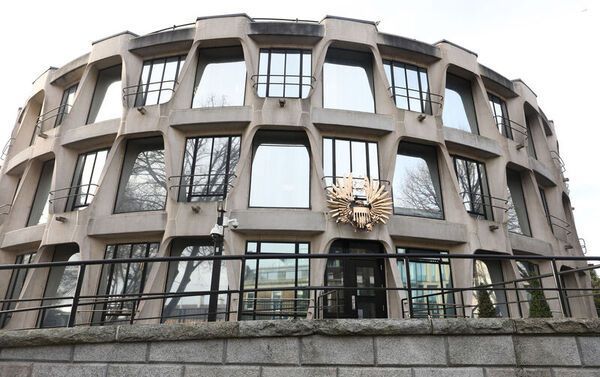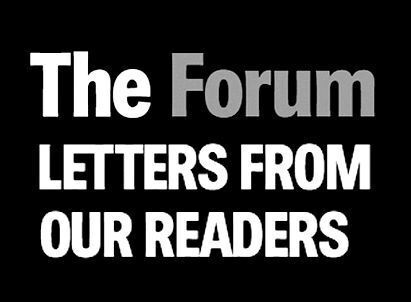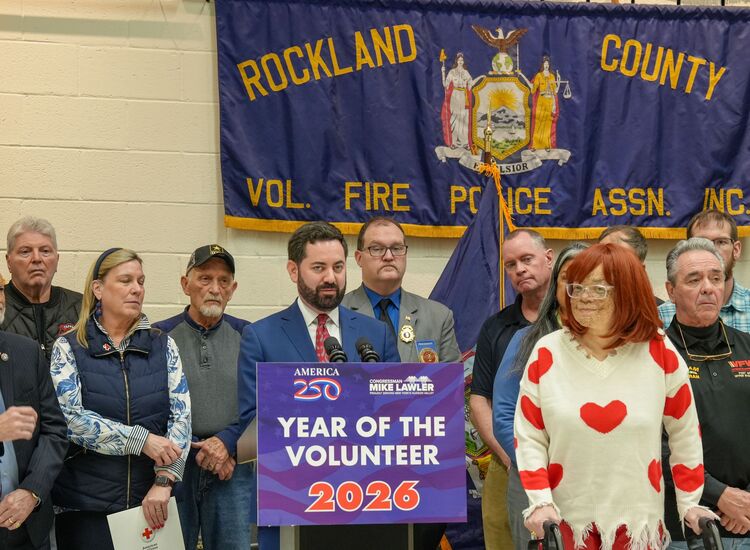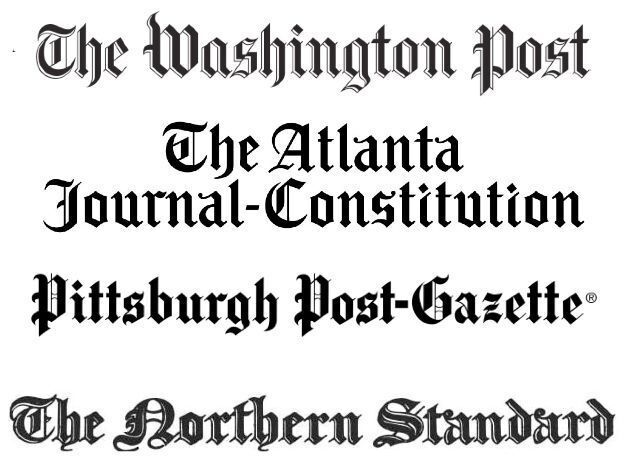Tánaiste Simon Harris has said he is “very concerned” about the notice from the U.S. State Department, which requires all Irish students applying for J1 visas to make their social media accounts public so they can be vetted by U.S. authorities.
This comes after Taoiseach Micheál Martin described the new rules as "excessive." Martin, according to an Irish Independent report, said the new rules contribute to “the fear and the anxiety that young people will now experience travelling."
The U.S. Embassy announced Monday that all those applying for visas must provide all social media accounts they have used in the past five years and make them public so they can be vetted by U.S. authorities. Failure to do so could lead to a visa being rejected and ineligibility for future visas.
Said Mr. Harris in a statement Tuesday which was posted on the Department of Foreign Affairs website: "I am very concerned by the updated advice, set out in a formal notice from the US State Department, in regard to expanded vetting of the social media accounts of new applicants for student visas to travel to the US.
"While US immigration policy is a matter for the US authorities and I fully respect the administration's right to determine their own immigration policy, this decision has understandably caused deep concern, confusion and apprehension for young Irish people who may wish to travel to the United States.
"Our relationship with the United States is deep and enduring. Importantly it also sees thousands of people travel in both directions every year. The intergenerational, people-to-people relationship between the US and Ireland begins with the opportunities that both countries afford to young people. It is important that we work to protect this.
"Therefore in light of these developments in relation to student visas, I have already and intend to take the following three actions.
"Last night, I have asked my officials to engage directly with the US embassy here in Dublin and with the administration more widely in a bid to ascertain and provide as much clarity as possible about these new arrangements, particularly to those students who are due to travel in the coming months.
"I also asked my officials to engage with third-level institutions and organisations that provide services for students who wish to travel with the United States.
"This will be with the clear aim of providing as much clarity as possible on the impact of these new arrangements, relevant guidance and furthermore assessing what possible supports can be provided to young people who wish to travel to the United States in the coming months."
"Finally, with the new US Ambassador to Ireland due to formally take up his post next month, I intend to raise this matter with him as part of a wide-ranging engagement on issues that matter to both the US and Ireland as we seek to further strengthen our longstanding diplomatic relations."
That new ambassador is Ed Walsh from New Jersey.
In its statement on the new procedure the U.S. Embassy said the U.S. State Department was “committed to protecting our nation and our citizens by upholding the highest standards of national security and public safety through our visa process."
“A U.S. visa is a privilege, not a right,” the embassy said.
The embassy said visa applicants will be required to list all social media usernames or handles for every platform they have used from the last five years on their visa application form so these accounts can be vetted.
“Applicants certify that the information in their visa application is true and correct before they sign and submit. Omitting social media information could lead to visa denial and ineligibility for future visas,” the embassy said.
The approach will apply to all foreign students applying for visas to enter the U.S.
The embassy’s statement added that under new guidance “we will conduct a comprehensive and thorough vetting, including online presence, of all student and exchange visitor applicants in the F, M, and J nonimmigrant classifications.
“We use all available information in our visa screening and vetting to identify visa applicants who are inadmissible to the United States, including those who pose a threat to US national security.
“To facilitate this vetting, all applicants for F, M, and J nonimmigrant visas will be instructed to adjust the privacy settings on all of their social media profiles to ‘public.’”
The embassy said every visa adjudication was “a national security decision” and that the U.S. “must be vigilant” that those applying for admission “do not intend to harm Americans and our national interests."
Edward Walsh, meanwhile, was formally sworn in as U.S. Ambassador to Ireland by Secretary of State Marco Rubio in a White House ceremony on Thursday, June 19.









